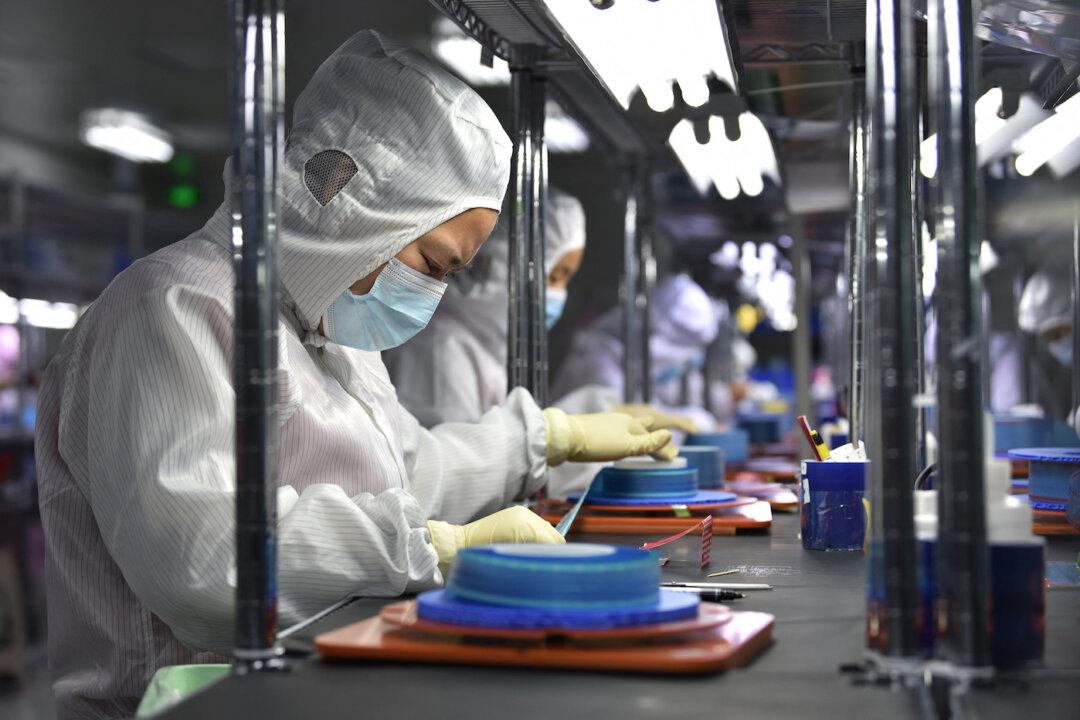Over the past decade, Taiwan’s investment in China has significantly dropped, and due to a worsening business environment, those Taiwanese who remain in the country, do so at the risk of losing all of their investments, an online forum was told.
Lin Thung-Hong, a researcher at the Institute of Sociology, Academia Sinica, Taiwan, told the forum, organized by the civic group “Economic Democracy Union”, that it is necessary for Taiwanese businessmen to recognize the risks of doing business in China.




